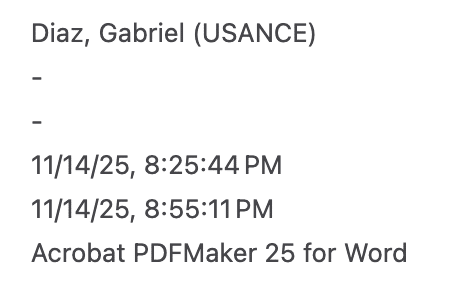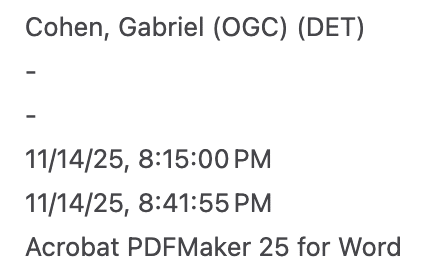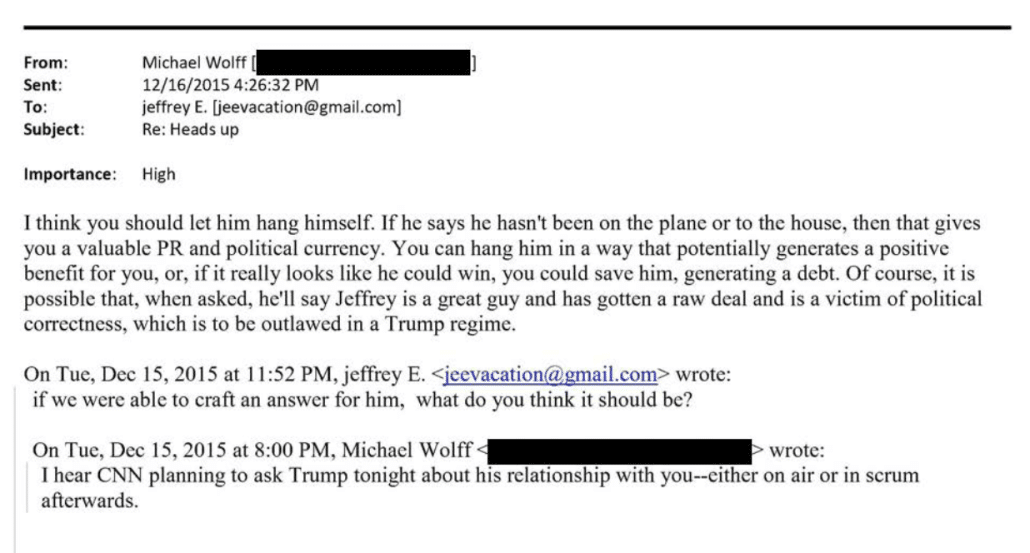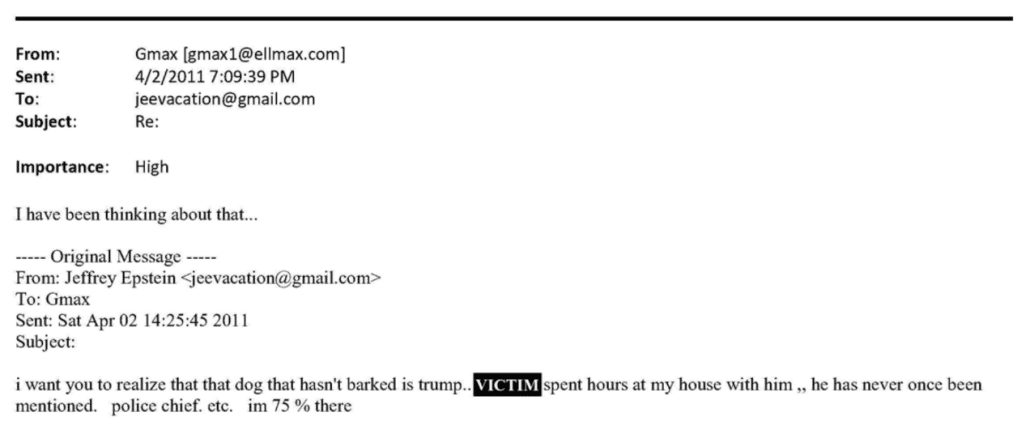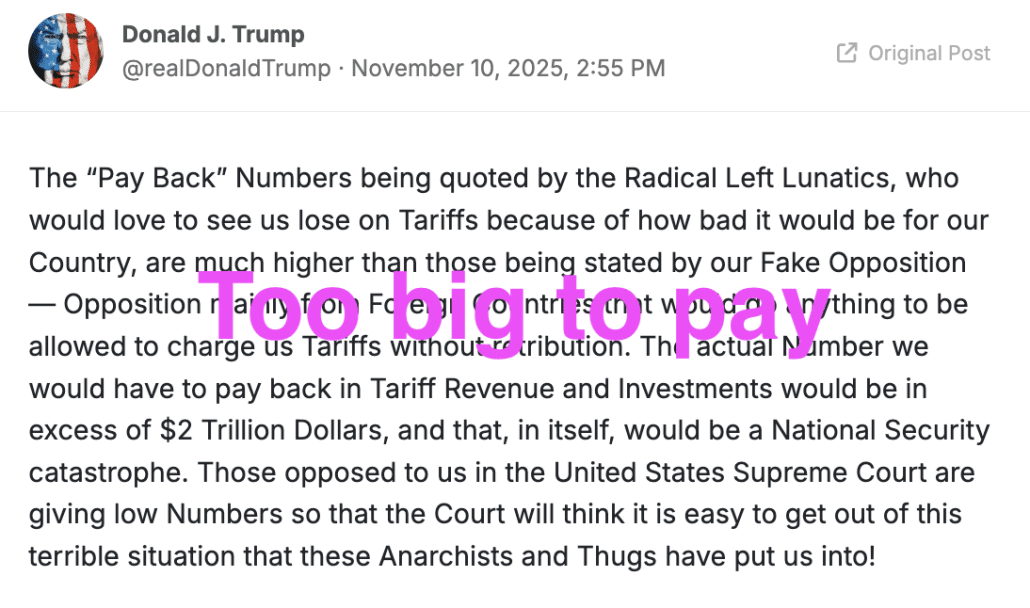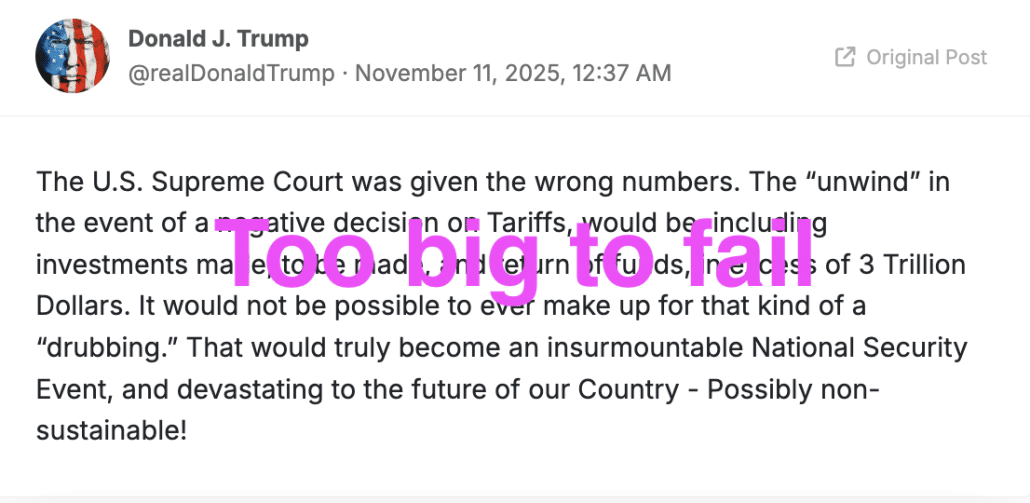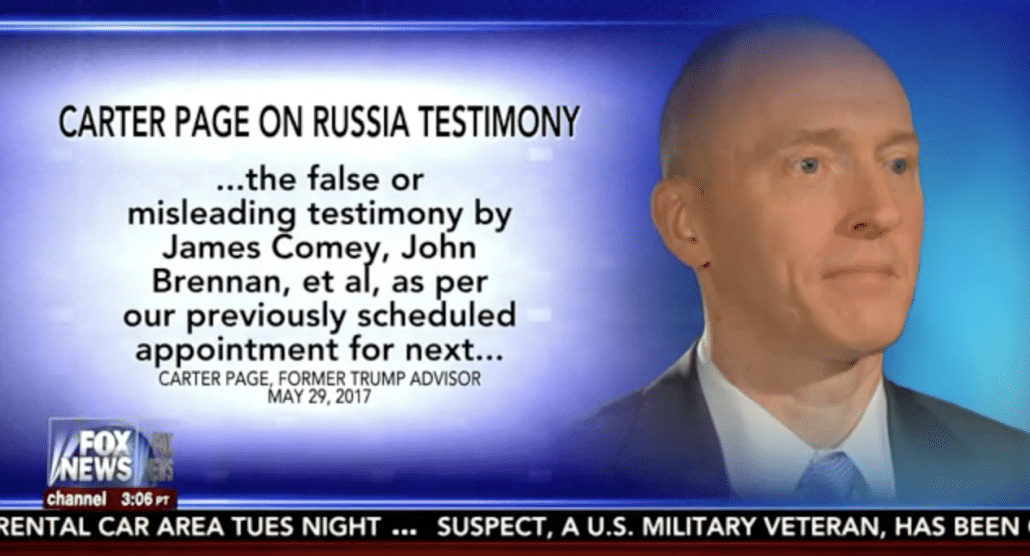In an attempt to unfuck Pam Bondi’s Halloween attempt to ratify Lindsey Halligan’s attempt to indict Jim Comey, the blondes from Florida have fucked things worse.
Bondi submitted a declaration effectively saying, never mind that the last time I claimed to ratify Lindsey the Insurance Lawyer’s work, I didn’t read closely enough to notice that the transcripts were incomplete. This time, I have read “the entirety of the record now available to the government” and I re-ratify what Lindsey did almost two months ago.
The district court has subsequently raised questions about the completeness of the record of the grand jury proceedings presented to me at the time of the initial ratification. For the avoidance of doubt, I have reviewed the entirety of the record now available to the government and confirm my knowledge of the material facts associated with the grand jury proceedings.
Lindsey, for her part, claims there was no gap and confessed she did not re-present the charges after getting no-billed. There was only one presentment.
1. Accordingly, I, Lindsey Halligan, submit this declaration to clarify the precise sequence of events on September 25, 2025, to confirm that the grand jury transcript accurately reflects the full extent of my appearance before the grand jury, and to explain that the period in question consisted solely of the grand jury’s private deliberations, during which no prosecutor, court reporter, or other person may be present pursuant to Rule 6(d) of the Federal Rules of Criminal Procedure. There are no missing minutes, contrary to the suggestion raised by the court.
2. On September 25, 2025, I presented the case of the United States v. James B. Comey, Jr., to a federal grand jury in the Eastern District of Virginia, Alexandria Division. I have reviewed the full transcript of the grand jury proceedings, and the transcript accurately reflects the entirety of the government’s presentation and presence in front of the grand jury. There was no additional presentation, interaction, or discussion with the grand jury outside of what is reflected in the transcript. Below is a brief timeline of the events that day.
3. On September 25, 2025, I appeared before the grand jury. After introducing myself and the case proposed for indictment, the case was presented through testimony. At the conclusion of the presentment, I provided a brief summation to the grand jury and then departed along with the court reporter. The process of presenting the indictment took place from approximately 02:18 PM to 04:28 PM.
4. Approximately two hours later, at 06:40 PM, I was notified by then-First Assistant United States Attorney Maggie Cleary that the grand jury had returned a true bill as to the presented Count Two and Count Three of the indictment and that the grand jury had not returned a true bill as to the presented Count One. I then proceeded to the courtroom for the return of the indictment in front of the magistrate judge.
There are a slew of problems with that.
First, there are two indictments — or rather, three:
- The no-billed indictment as Lindsey first presented it, with the signature page from the real indictment, which starts in blue ink and ends in black.
- The no-billed indictment as it subsequently got corrected, with both a (claimed) signature from herself and the foreperson, all in blue ink.
- The indictment purportedly supported by the grand jury, signed in black.
Lindsey now claims she only presented the case once, yet there are — or purport to be — two indictments.
For what it’s worth, when Amicus12 first pointed this out, I called the clerk to find out WTF, but have gotten no response.
Also of interest, right wing propagandist Julie Kelly (who is quite chummy with Pam Bondi’s corrupt DOJ) claims that yesterday morning, the Chief Judge in EDVA, Leonie Brinkema, restricted Lindsey the Insurance Lawyer’s US Marshal detail from the courthouse.
But even if there’s not the colossal paperwork error there appears to be, there’s another problem.
The Loaner AUSAs confirmed … yesterday, that they plan to include Comey’s “Clinton Plan” statements — the stuff no-billed in original Count One — in the obstruction charge.
But, as provided in discovery and via the indictment, the government intends to seek the admission of evidence at trial on this count regarding the defendant’s statements to senators during the September 30, 2020, committee hearing. For instance, the defendant’s statements to Senators Grassley and Cruz regarding his use of Richman as an anonymous source concerning the Clinton email investigation and his statements to Senators Graham and Hawley regarding his alleged lack of memory concerning the so-called Clinton plan to “tie Trump” to Russia.
Comey attorney Pat Fitzgerald had already promised some challenge to this, in the halcyon days when everyone believed there were two presentments.
I think there’s another motion coming from us, in light of some disclosures that were made Monday, where we think that the government is expanding its case, we believe, to include the conduct that was no true billed in Count One as part of its proof of Count Two, which raises serious issues for us. So we’ll do everything we can, but to do all that while getting Mr. Comey access to materials…
But now Lindsey the Insurance Lawyer is claiming that she can rely on Count One even though grand jurors in the very same vote she’s claiming to rely on rejected that claim.
And Pam Bondi is signing on willingly to that claim.
Whatever else has happened, Lindsey the Insurance Lawyer has guaranteed that Comey will get to review what went down. The only remaining question, I suspect, is when he gets that — whether it is soon enough to help him throw out the evidence against him. But it seems like Judge Currie is not the only one alarmed by what she saw in these transcripts.
Update: I should add, given my continued obsession with the authors who have not noticed their appearance, Gabriel Diaz authored the document submitted today.
Meanwhile, Gabriel Cohen is the author of the digitally signed but unsworn declaration from Lindsey the Insurance Lawyer.
Someone named lheim authored Pam Bondi’s signed but unsworn declaration.
Update: Holy hell.
Lindsey the Insurance Lawyer appears to have resubmitted the entire package, not to fix her stupid story, but instead to fix her signature line (which Josh Gerstein first noted).
Update: Here’s the specific exchange about the missing stuff.
THE COURT: Let me ask you this. I was involved in receiving in camera provisions of the grand jury transcripts and tapes, and it became obvious to me that the attorney general could not have reviewed those portions of the transcript of the Comey presentation by Ms. Halligan which preceded and came after her presentation of the witness testimony in the case. There also is a missing section of what occurred between 4:28 and the return of the grand jury indictment, and it appears to me that there was no court reporter present, or if he or she was present, did not take down what happened during that time period.
So how does the attorney general ratify and say that she has reviewed the grand jury transcripts when they did not exist in the records of the Justice Department at that time?
MR. WHITAKER: Well, it’s true that — it is true, Your Honor, you’re right, that we didn’t have the intro and back end of the grand jury transcripts when we presented that.


